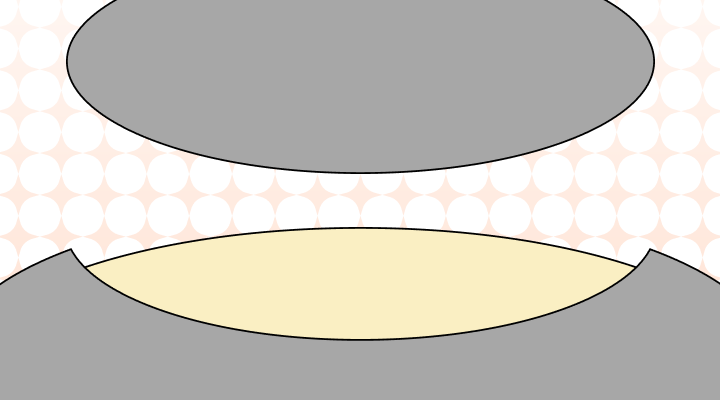"Toupe" is a misspelling of "toupee," "troupe," or "trope." The word or spelling "toupe" does not exist in the English language.
A "toupee" is a small hairpiece or wig used to cover a bald spot on a scalp. It is more commonly worn by men as premature hair loss is genetically more common in men than in women.
A "troupe" is a group of theatrical performers that can include dancers, actors, or other entertainers who typically travel from venue to venue.
A "trope" is a figurative or metaphorical use of a word or expression. The term can encompass figures of speech and clichés, which are common or overused themes or devices in a narrative.
Example sentences
Toupee
- He wore a stylish toupee to cover his thinning hairline.
- She decided to get a toupee that closely matched her natural hair color.
- His confidence increased after he started wearing a well-fitted toupee.
- The comedian joked about his toupee during his stand-up routine.
- The actor's toupee flew off in the wind while filming the outdoor scene.
Troupe
- The theater troupe impressed the audience with their captivating performance.
- The dance troupe practiced diligently to perfect their routine for the upcoming competition.
- The traveling troupe entertained people in various cities with their acrobatics and juggling.
- The school's drama troupe put on a fantastic production of a classic play.
- The musical troupe received a standing ovation for their extraordinary talent.
Trope
- The detective story employed the "whodunit" trope to keep readers guessing.
- The film used the "hero's journey" trope to structure the main character's growth.
- The novel employed a romantic trope where the protagonist and antagonist fell in love.
- The sitcom playfully subverted the "misunderstanding" trope to create comedic situations.
- The fantasy novel incorporated a magical creature as a recurring trope throughout the story.
Want to sound like a native speaker?
Engram’s AI-powered grammar checker makes your English sound like a native speaker’s, suggesting natural English expressions on top of fixing grammar, spelling, punctuation, word order, and vocabulary.

Reference:
















